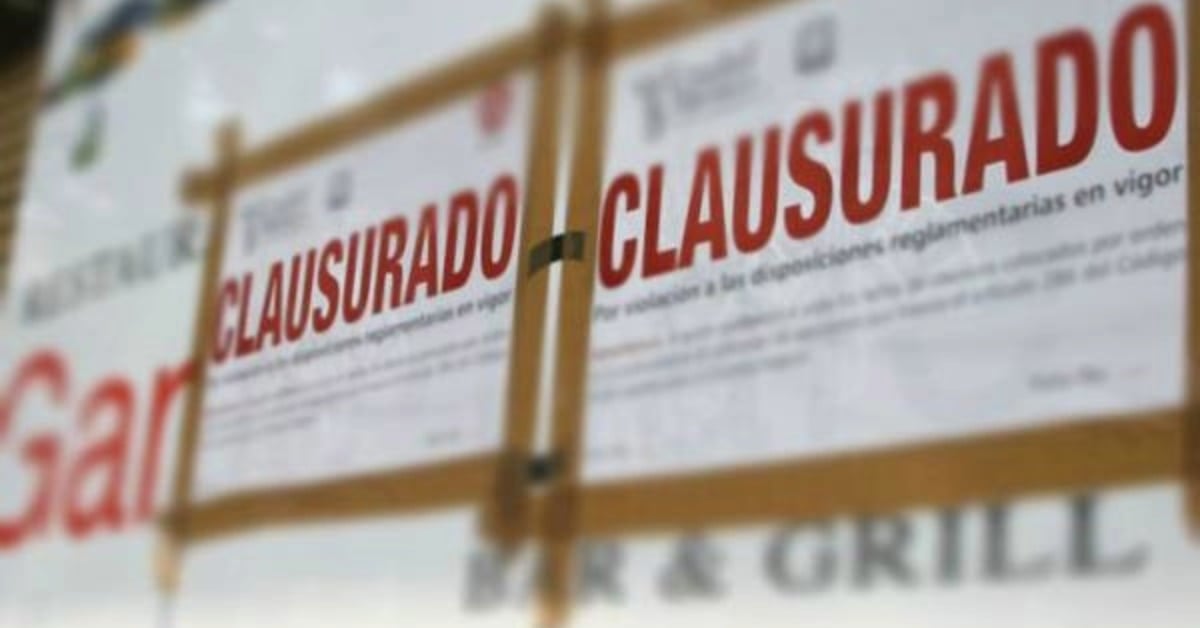Cancún officials are investigating 39 irregular real estate developments, closing five and filing three criminal complaints to stop illegal land sales . . .

Cancún officials are investigating 39 irregular real estate developments, closing five and filing three criminal complaints to stop illegal land sales . . .
